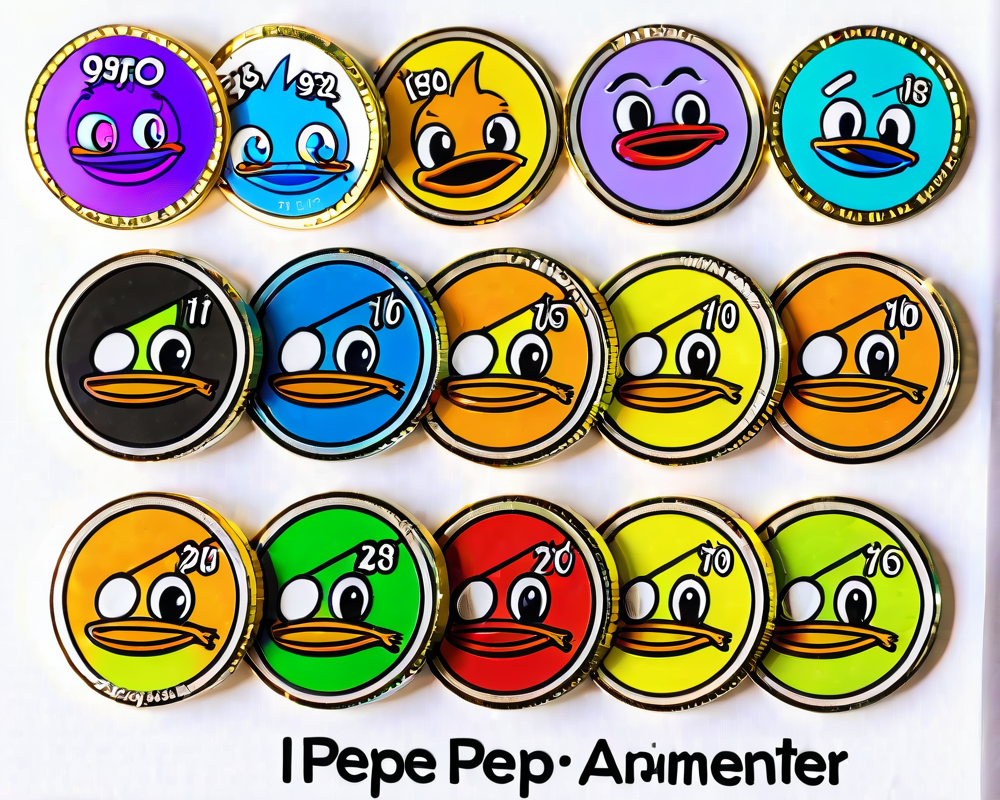Understanding Polygon ID
The newly launched Polygon ID aims to bring a refreshing breeze of privacy and autonomy into the Web3 realm. It’s not just any identity platform; it claims the unique title of being the first to employ cryptographic zero-knowledge technology. Sounds fancy, right? Well, it is! Using Iden3’s Circom ZK toolkit, it aims to empower users by allowing them to prove their identity without revealing their personal information. It’s like showing your ID at the bar but without having to show your face – that’s the dream, isn’t it?
Why Zero-Knowledge Proofs Matter
Zero-knowledge proofs (ZKPs) are the superhero capes of the blockchain world; they provide proof of something without having to disclose the underlying data. Think of it as saying, “I can play the piano” without busting out a Chopin sonata. The biggest advantage for users? Increased privacy in activities such as ICOs, DEX trading, and situations where KYC regulations are strictly enforced.
How It Works
Polygon ID employs zk-SNARK (zero-knowledge succinct non-interactive arguments of knowledge) for generating verification proofs. What this means for users is that they can engage in transactions across multiple platforms with their identity intact, almost like having a secret identity in the superhero universe. No one needs to know who you are—just that you’re legit!
Beyond DeFi: Expanding Horizons
The use-cases for Polygon ID stretch beyond the traditional DeFi sector, belonging to a broader narrative involving the metaverse, gaming, and NFTs. Imagine a decentralized game where you possess assets that require proof of authenticity without handing over all your personal details. It’s an NFT collector’s dream come true, right? With the plan to introduce a one-vote-per-person mechanism, expect exciting developments in community governance as well.
Upcoming Features and Plans
Polygon has got its eye on the horizon with plans to launch the public identity wallet app in Q2 of 2022. This app will boast features like Claims Issuance, Private Authentication, and zk-Proof Generation and Verification. If that sounds like a mouthful, it’s because it is! But in layman’s terms, it’s a toolkit designed not only for streamlined identity management but also for safeguarding user privacy—because keeping personal details personal is the name of the game.
The Big Picture
As technology steadily pushes us into Web3, the need for identity ownership becomes indisputable. As Rafal Nazarkiewicz from Polygon stated, “identity is fundamental for many use cases within digital inclusion.” In a world itching for privacy and decentralization, Polygon ID might just be the trustworthy companion we never knew we needed.
Conclusion
By fusing identity with cryptographic technology, Polygon ID not only promises enhanced user privacy but a myriad of possibilities in application across different sectors. Whether you’re a gamer, an NFT aficionado, or just a privacy-conscious individual navigating the wild west of the internet, Polygon ID’s vision encourages us all to consider: How do we own our identity in this ever-evolving digital landscape?




